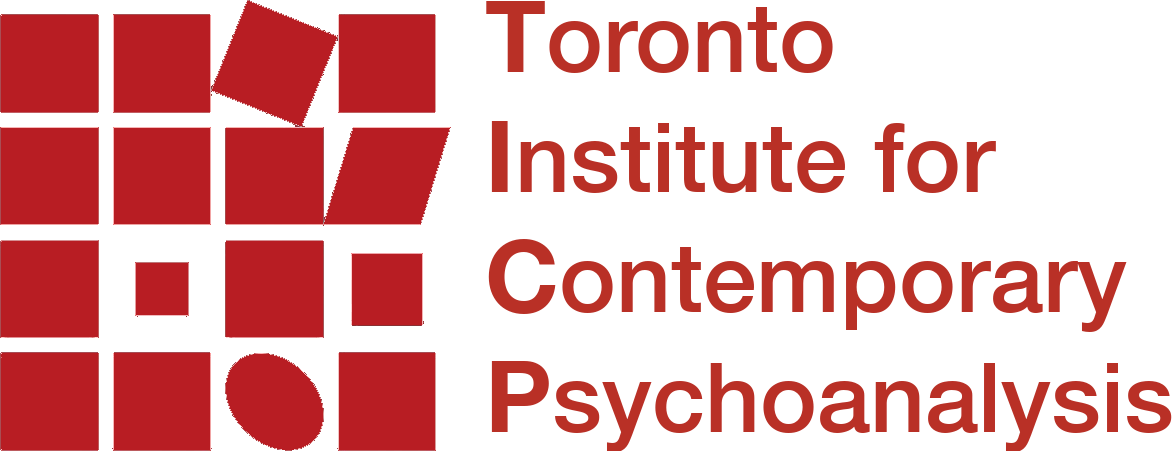TICP Scientific Meetings
Upcoming Events
Mar. 11, 2026 7:30 pm – 9:00 pm Essential Psychoanalytic Foundations of Parent GuidanceRegister NowPresented by Alex Russell
Although it might be debatable, it is certainly not hyperbolic to suggest that the job of parenting has never been harder at any point in human history. The demands now placed on parents in modern Western societies are historically unprecedented, as is the sense of responsibility modern parents feel for both their children’s safety and their success. At the same time, children’s mental health problems have steadily increased, and many of the problems children are presenting with involve their parents in immediate and clinically significant ways – for example, problems such as “school refusal” (where a child refuses to go to school for a prolonged period of time), “screen addiction” in the context of an anxious child, or sleep problems often require intervention at both the child and parent levels. Thus, whether it was something they intended to do, or have received training and supervision in, clinicians treating children are increasingly being called upon to offer parent guidance, and this to an increasingly needy generation of parents.
This paper reviews the psychoanalytic foundations of the parent guidance I have found myself offering to my own clients and, over the years, to trainees and supervisees. A theoretical basis to parent guidance is essential in my view, because what parents actually need from clinicians in these cases is a way to understand their child’s problem, including, possibly, their own inadvertent contributions to the problem. And it is from this shared conceptual understanding of the problem that two co-parents can develop their own healthy responses to their child that make sense within the context of their family’s values, culture, etc. The need for a clear theoretical basis in this work seems especially important now as clinical training programs increasingly move away from teaching psychological theory in favour of more evidence-based and solution-focussed approaches. Brief clinical examples are given to present a number of key theoretical concepts in both the content (what to offer) and the process (how to offer it) of parent guidance. A conceptual “roadmap of parenting” is offered as an over arching summary of this essentially psychoanalytic approach to providing parent guidance.
Upcoming Events
Feb. 28, 2026 9:00 am – 12:00 pm Working with Trauma and Neglect: Awakening Hope and VitalityGraham Music, PhD
Consultant Psychotherapist, Tavistock Clinic London
In this talk Graham Music will introduce ways of understanding and working with more shut-down states. He will first introduce some key concepts such as 'spark' energy, nervous system whispering, and the embodied countertransference. He will then address the profound effects of emotional neglect and the kind of lifelessness that can arise from this. Next, he will look at numbing after trauma, which can seem similar in terms of lifelessness to neglect, but have different aetiology and require different therapeutic techniques. This material will be brought together with clinical examples. New science combined with psychoanalytic understandings will suggest what can help shift people from 'desparked', lifeless, unenergised states to more hopeful and joyous states. The talk will include video clips, slides, and discussions.
Upcoming Events
TICP Workshops
Upcoming Events
Nov. 24, 2025 9:57 am – Apr. 30, 2026 10:57 pm Essentials Program Information SessionRegister NowPlease Register to be notified of the next Information Session
Mar. 4, 2026 7:30 pm – 8:30 pm 4 Year Program Information SessionRegister NowDon’t miss our next information session to learn more about the TICP 4-Year Program.
Apr. 11, 2026 10:00 am – 4:00 pm Invited Speaker Workshop with Nancy McWilliams and Michael GarrettRegister NowHelping Patients with Paranoia:
Clinical Implications of Psychotic and Nonpsychotic Paranoid Psychologies
Approved for CE Credits
The speakers invite clinicians to approach paranoia as a deeply intrapsychic process of disavowal and projection, often related to trauma and inadequate psychological separation from early caregivers. Although most visible in psychosis, nonpsychotic paranoid states of mind are common. Dr. McWilliams and Dr. Garrett offer a rare opportunity and a significant contribution to understanding paranoia with depth and complexity that impacts the possibilities for treatment.
May 2, 2026 10:00 am – 4:00 pm Save the Date - Invited Speaker Workshop Susi Federici and Gianni NebbiosiThe challenges of working psychoanalytically in the contemporary world.
Co-Sponsored
Upcoming Events
Feb. 28, 2026 9:00 am – 12:00 pm Working with Trauma and Neglect: Awakening Hope and VitalityGraham Music, PhD
Consultant Psychotherapist, Tavistock Clinic London
In this talk Graham Music will introduce ways of understanding and working with more shut-down states. He will first introduce some key concepts such as 'spark' energy, nervous system whispering, and the embodied countertransference. He will then address the profound effects of emotional neglect and the kind of lifelessness that can arise from this. Next, he will look at numbing after trauma, which can seem similar in terms of lifelessness to neglect, but have different aetiology and require different therapeutic techniques. This material will be brought together with clinical examples. New science combined with psychoanalytic understandings will suggest what can help shift people from 'desparked', lifeless, unenergised states to more hopeful and joyous states. The talk will include video clips, slides, and discussions.

